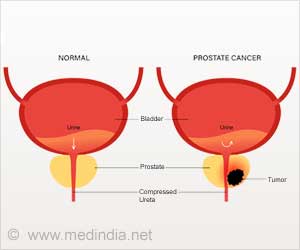Phase 2 trial PrE0505 selected for oral presentation at ASCO 2020; data signals the combination of Durvalumab with pemetrexed and cisplatin could advance to a randomized phase 3 study.

‘Durvalumab plus standard chemotherapy improved overall survival rate among patients with previously untreated, inoperable malignant pleural mesothelioma.’
Read More..




The American Society of Clinical Oncology (ASCO) is highlighting these data in an oral session (Abstract 9003) at its virtual Annual Meeting, May 29-31.Read More..
"Durvalumab plus standard chemotherapy delivered a promising median overall survival rate for patients with previously untreated, inoperable malignant pleural mesothelioma," said lead investigator Patrick Forde, MD, of Johns Hopkins University. "The data signal us to move forward with a phase three study."
PrE0505 study investigators at 15 US clinical sites rapidly enrolled 55 patients into the study over 13 months, between June 2017 and June 2018. Eligible patients received the combination of pemetrexed (500 mg/m2) and cisplatin (75 mg/m2) with durvalumab (1120 mg) every three weeks for up to six cycles.
Substitution of carboplatin (AUC 5) for cisplatin was permitted if toxicity occurred during the initial treatment. After up to six cycles of concurrent chemotherapy with durvalumab, patients who had a partial response or stable disease could continue on durvalumab until disease progression. The maximum duration of durvalumab treatment was 12 months from the start of therapy.
"This is a remarkable result in mesothelioma, and warrants confirmation in a randomized phase three trial, which is already in the planning," said Peter J. O'Dwyer, MD, CEO and Chair, PrECOG, LLC.
Advertisement
One patient was not evaluable for response. All patients were evaluated for safety, and there were no unexpected toxicities. Adverse events reported by investigators as associated with durvalumab were generally mild in severity (Grade 1 and 2).
Advertisement
Source-Eurekalert










